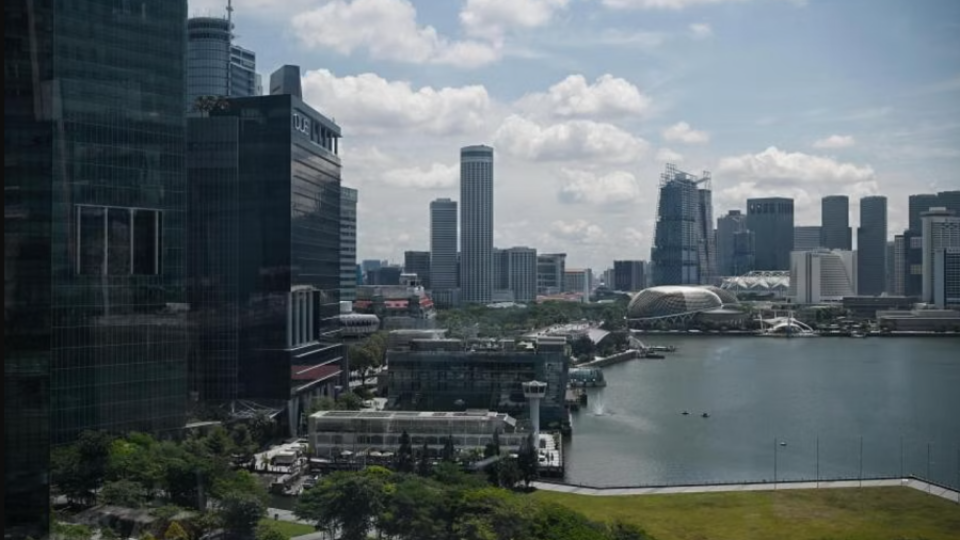September 6, 2023
SINGAPORE – International companies are more optimistic about their prospects in South-east Asia and are looking to scale up through mergers and acquisitions (M&A), a survey commissioned by HSBC Commercial Banking showed.
Foreign businesses expect sales in the region to grow by 23.2 per cent over the next 12 months, compared with 20.1 per cent in last year’s survey.
Nearly a quarter of foreign businesses said they were planning to significantly increase growth from M&A in 2023, with three in 10 expecting to do so in 2024.
The HSBC Global Connections survey revealed that companies based in Asia-Pacific countries were more likely to plan for acquisitions.
About 65 per cent of respondents from China were more likely to significantly increase their regional growth through M&A by 2024, compared with less than 50 per cent from the United Kingdom, France and Germany.
Those that were already present in the region planned to focus on growing in the markets they were familiar with, namely Singapore, Malaysia and Thailand.
Ms Regina Lee, head of commercial banking at HSBC Singapore, said the survey findings were consistent with the increased funding, trade financing and payment activities witnessed among the bank’s global clients here.
She added that the bank has been scaling up its team as well as banking and digital capabilities to support global businesses pursuing growth opportunities in the region.
The online survey was conducted from July 25 to Aug 2. It involved key decision makers from more than 3,500 companies, each with sales of at least US$5 million (S$6.8 million) and a commercial interest in at least one Asean market.
Respondents were based in places including China, India, the United Kingdom, France, Germany, the United States, Australia and the Middle East.
The top five reasons cited on why Singapore was attractive for business expansion were its skilled workforce, growing digital economy, developed infrastructure, supportive government and regulatory environment, and supply-chain connectivity. Singapore’s advanced communications infrastructure also provides a strong foundation for further growth into the region, the survey said.
Nearly half of all respondents believed technology would sharply increase economic growth in Singapore over the next 10 years, significantly more than any other market. On sustainability, one in four respondents said Singapore’s environmental, social and governance, sustainability and net-zero ambitions made it attractive for business expansion. Investment in sustainability initiatives was also strong. Almost 80 per cent of companies with a presence in Singapore will spend at least 5 per cent of their operating profit on becoming more sustainable over the next 12 months.
Still, more financial support was sought by companies looking to adopt sustainable practices as well as access clean energy and meet standardised reporting requirements.
For Chinese firms here, Singapore’s stable operating environment was cited as a major pull factor to expand here. For Indian firms, the city state’s business-friendly regulatory environment was a key draw.
Singapore’s open trade links are also an attraction. About 70 per cent of the respondents planned to leverage the European Union-Singapore Free Trade Agreement, which was introduced in 2019 to simplify tariff-free trade between Singapore and the EU.
When it comes to fresh opportunities, Indonesia and Malaysia were popular choices for companies aiming to expand into a new Asean market over the next two years.
“South-east Asia is clearly an attractive manufacturing base, with increasingly advanced supply chains and a highly skilled workforce attracting global firms to the region,” said Ms Amanda Murphy, head of commercial banking for South and South-east Asia at HSBC.
“But the consumer story is also one to watch for international businesses as digital adoption and domestic spending power grow,” she added.

